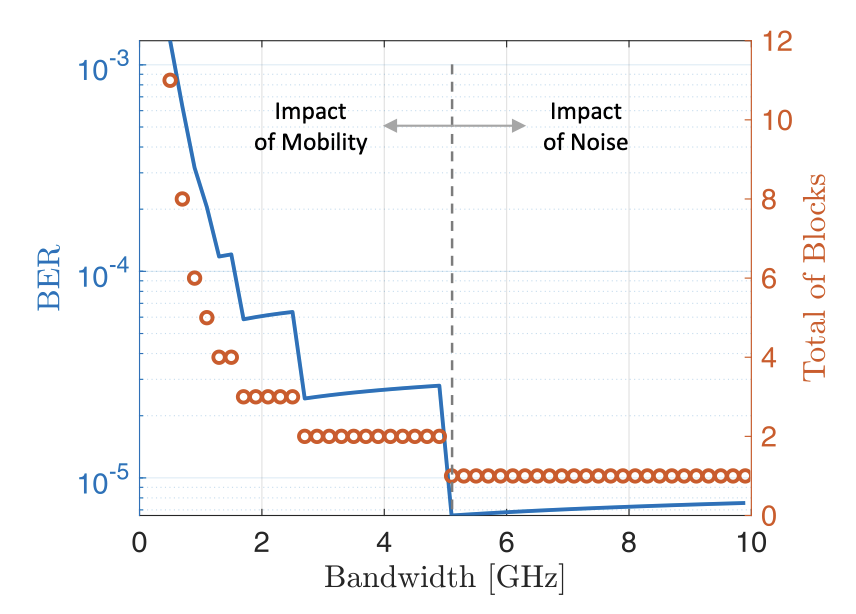Literature Database Entry
krueger2021tva
Alexander Krüger, Jan Tünnermann, Lukas Stratmann, Lucas Briese, Falko Dressler and Ingrid Scharlau, "TVA in the wild: Applying the theory of visual attention to game-like and less controlled experiments," Open Psychology, vol. 3 (1), pp. 1–46, April 2021.
Abstract
As a formal theory, Bundesen’s theory of visual attention (TVA) enables the estimation of several theoretically meaningful parameters involved in attentional selection and visual encoding. As of yet, TVA has almost exclusively been used in restricted empirical scenarios such as whole and partial report and with strictly controlled stimulus material. We present a series of experiments in which we test whether the advantages of TVA can be exploited in more realistic scenarios with varying degree of stimulus control. This includes brief experimental sessions conducted on different mobile devices, computer games, and a driving simulator. Overall, six experiments demonstrate that the TVA parameters for processing capacity and attentional weight can be measured with sufficient precision in less controlled scenarios and that the results do not deviate strongly from typical laboratory results, although some systematic differences were found.
Quick access
Original Version ![]() (at publishers web site)
(at publishers web site)
Authors' Version ![]() (PDF on this web site)
(PDF on this web site)
BibTeX ![]()
Contact
Alexander Krüger
Jan Tünnermann
Lukas Stratmann
Lucas Briese
Falko Dressler
Ingrid Scharlau
BibTeX reference
@article{krueger2021tva,
author = {Kr{\"{u}}ger, Alexander and T{\"{u}}nnermann, Jan and Stratmann, Lukas and Briese, Lucas and Dressler, Falko and Scharlau, Ingrid},
doi = {10.1515/psych-2021-0001},
title = {{TVA in the wild: Applying the theory of visual attention to game-like and less controlled experiments}},
pages = {1--46},
journal = {Open Psychology},
issn = {2543-8883},
publisher = {De Gruyter},
month = {4},
number = {1},
volume = {3},
year = {2021},
}
Copyright notice
Links to final or draft versions of papers are presented here to ensure timely dissemination of scholarly and technical work. Copyright and all rights therein are retained by authors or by other copyright holders. All persons copying this information are expected to adhere to the terms and constraints invoked by each author's copyright. In most cases, these works may not be reposted or distributed for commercial purposes without the explicit permission of the copyright holder.
The following applies to all papers listed above that have IEEE copyrights: Personal use of this material is permitted. However, permission to reprint/republish this material for advertising or promotional purposes or for creating new collective works for resale or redistribution to servers or lists, or to reuse any copyrighted component of this work in other works must be obtained from the IEEE.
The following applies to all papers listed above that are in submission to IEEE conference/workshop proceedings or journals: This work has been submitted to the IEEE for possible publication. Copyright may be transferred without notice, after which this version may no longer be accessible.
The following applies to all papers listed above that have ACM copyrights: ACM COPYRIGHT NOTICE. Permission to make digital or hard copies of part or all of this work for personal or classroom use is granted without fee provided that copies are not made or distributed for profit or commercial advantage and that copies bear this notice and the full citation on the first page. Copyrights for components of this work owned by others than ACM must be honored. Abstracting with credit is permitted. To copy otherwise, to republish, to post on servers, or to redistribute to lists, requires prior specific permission and/or a fee. Request permissions from Publications Dept., ACM, Inc., fax +1 (212) 869-0481, or permissions@acm.org.
The following applies to all SpringerLink papers listed above that have Springer Science+Business Media copyrights: The original publication is available at www.springerlink.com.
This page was automatically generated using BibDB and bib2web.

